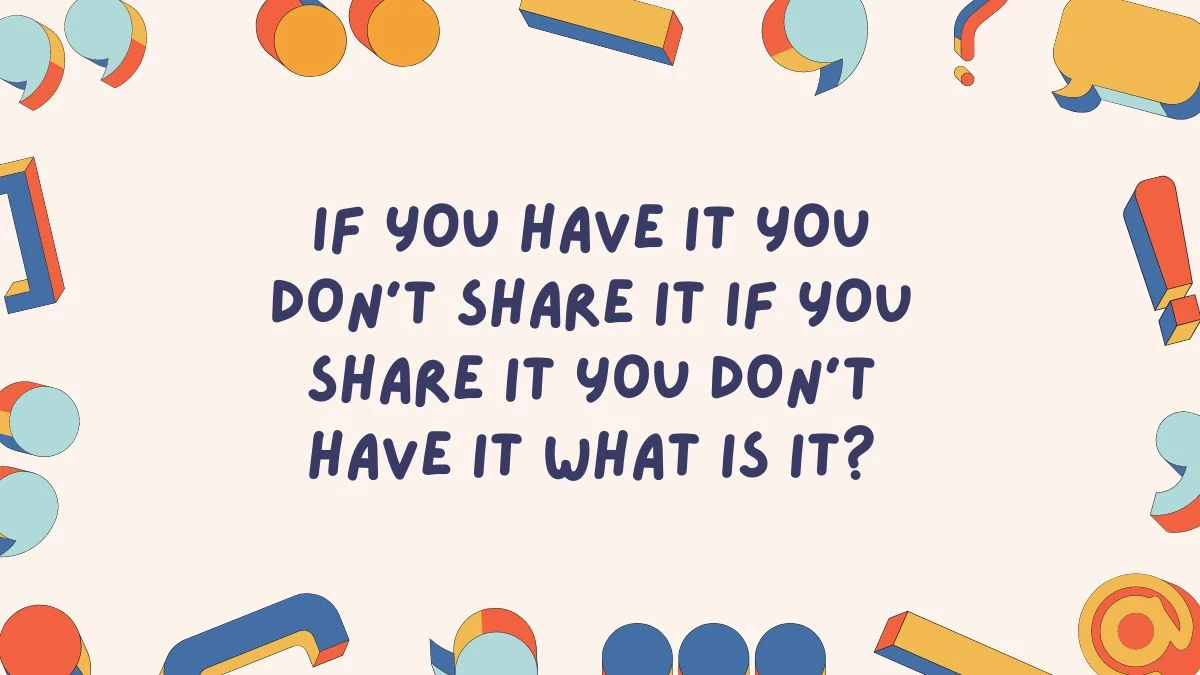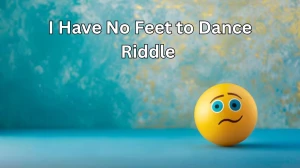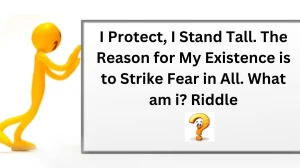If You Have It You Don't Share It If You Share It You Don't Have It What Is It? Riddle
by
Updated Jun 17, 2024

If You Have It You Don't Share It If You Share It You Don't Have It What Is It? Riddle Explanation
Riddles are questions, statements, or phrases presented in a form that requires ingenuity and creative thinking to find the answer. They often involve a play on words or hidden meanings and are designed to puzzle or amuse the person trying to solve them. The answer to this riddle hints at information that is meant to be kept private. It is something that once revealed to others, loses its exclusivity to you alone.
Hints
Below are some hints given to crack the answer.
- Think about something that loses its exclusivity once it's revealed.
- It’s something personal and private that people usually keep to themselves.
- When you tell someone this, it no longer belongs only to you.
- It’s often whispered or spoken softly to avoid being overheard.
- It’s something you can “keep” or “tell”.
If You Have It You Don't Share It If You Share It You Don't Have It What Is It? Riddle Answer
The answer to the riddle is: A Secret
If you have it, you don't share it: A secret is something you keep to yourself. As long as you keep it to yourself, it remains a secret and you "have it."
If you share it, you don't have it: Once you tell someone else the secret, it is no longer a secret just for you. The act of sharing it means it is no longer something only you know, so you "don't have it" in the sense that it is no longer a private secret.
What are Riddles?
Riddles are puzzles or word games that pose a question or statement requiring thought and ingenuity to solve. They are designed to test your creativity, logic, and ability to think outside the box. Riddles often involve wordplay, double meanings, or tricky scenarios that can lead to an unexpected or clever answer.
Solving riddles requires critical thinking and problem-solving skills, making them a good exercise for the brain. Many cultures use riddles as a form of oral tradition, passing down wisdom and knowledge through generations. Teachers and educators use riddles to make learning more interactive and engaging, helping students develop their reasoning and language skills.




